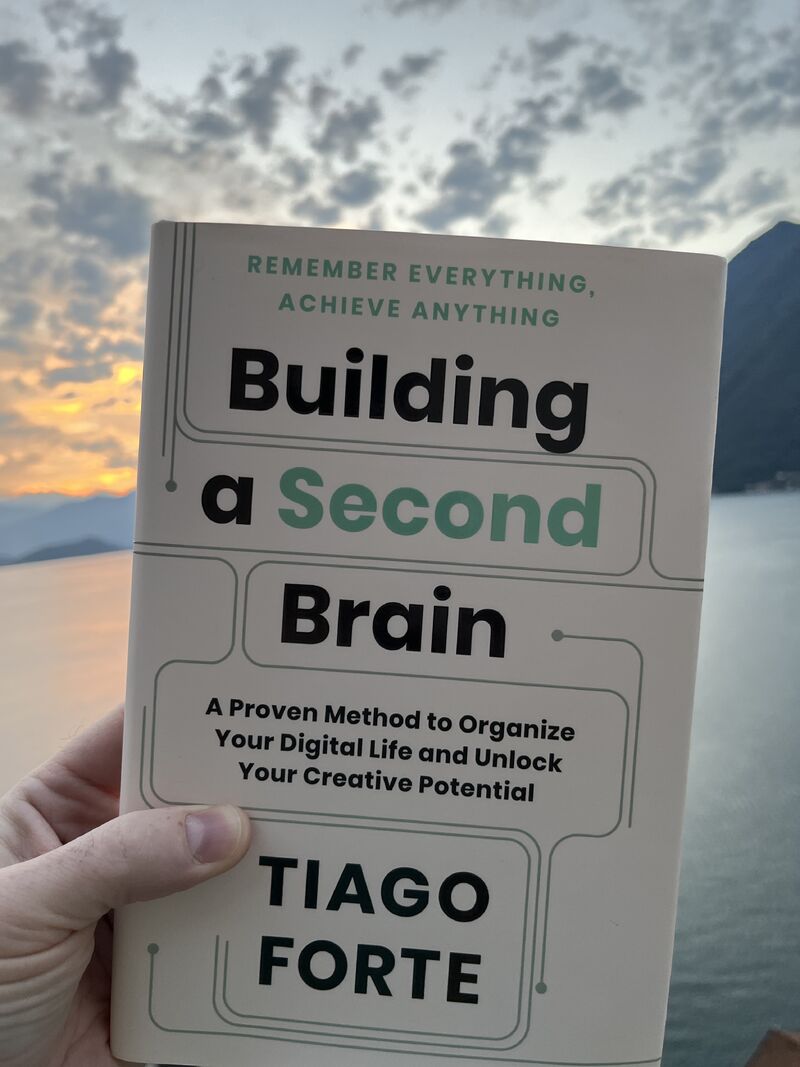Personal Knowledge Management
Personal Knowledge Management (PKM) is a term that's been gaining traction lately, but it’s hardly a new concept.
Knowledge has always been difficult for me to organize, and perhaps that’s because knowledge itself is vast. It encompasses experience, skills, and information—whether stored in our heads, written down in notebooks, emails, or elsewhere.
As a software developer, I rely heavily on knowledge to do my job. Part of this comes from experience—knowing how to solve problems or approach specific challenges to find the best solutions. However, in our rapidly evolving world, we’re constantly learning new things, and that’s something I embrace. The process of discovery brings not only joy but also its fair share of challenges, especially in a professional setting.
The beauty of living in the digital age is that knowledge is more accessible than ever before. Yet, with so much information at our fingertips, it’s impossible to know everything, and I’ve come to accept that. In fact, saying “I don’t know” to a colleague isn’t a sign of weakness; it’s an opportunity to learn. The key is not just to find answers, but to document and share them, ensuring that valuable knowledge isn’t locked away or forgotten.

This book has been transformative for me, making my life much easier. I’ve started applying the principles of a Second Brain in my professional life, and the journey is ongoing. But this approach has broad applications; it’s just as useful in personal life as it is in professional settings. While I still have a lot of room to grow, I’m happy with the progress I’ve made.
I’m also diving deeper into Knowledge Management and Sharing, and I’m excited to see where this path takes me.
If there’s one lesson I’d like to leave you with, it’s this timeless quote: “Imagination is more important than knowledge.”